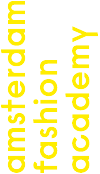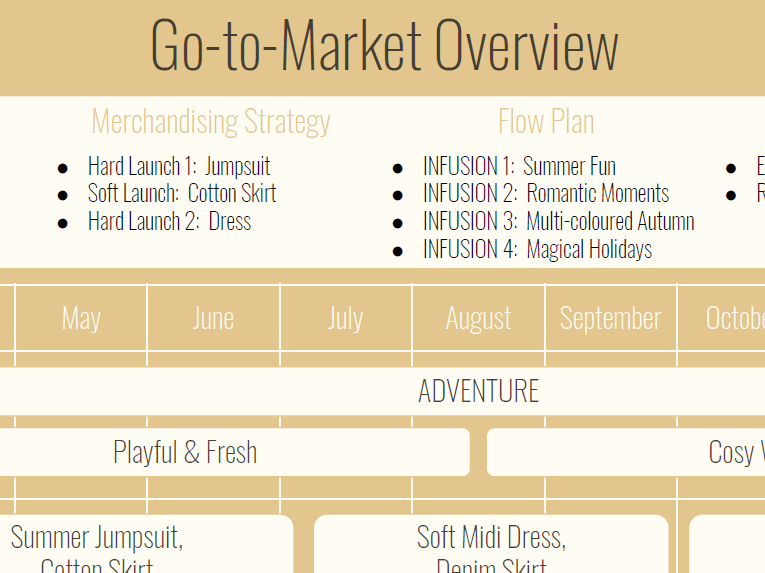Fashion Business part-time
Experience the Amsterdam Fashion Academy like never before during our exclusive Open Days. These personalized experience, led by our experienced lecturers, offer an in-depth exploration of the fashion world.
Explore our campus, including captivating fashion exhibitions, receive detailed explanations about our programs, and seize the opportunity to connect with our community of current students and accomplished alumni. Plus, prepare to immerse yourself in our exciting hands-on workshops, allowing you to discover your passion and potential firsthand.

Level: Certificate of Completion
Duration: 12 weeks
When: On Saturday, from 10:00am to 5:00pm
Dates: September 20 to December 6, 2025
Language: English only
Credits: 0
Regular tuition fee: € 2.400, to be paid in 3 instalments: 40% deposit before the course starts + 30% not later than Week 3 + 30% not later than Week 6.
Early Bird tuition fee: € 2.300, if 40% deposit is paid before July 18 (other 2 instalments: 30% not later than Week 3 + 30% not later than Week 6).
Application fee: € 175*
Admission: open for admission
Maximum number of students: 16
*Application fee is due at the moment of registration and it is not refundable.

The Fashion Business course aims to give you all the managing skills you need in order to be a successful business professional in the fashion industry. You will not only gain knowledge and expertise in fashion, but the emphasis of the course lies in acquiring what you need to build up your apparel business.
With this course you will learn how to create, develop, describe and promote your own fashion brand, and in so doing, how to fulfill the renewed needs of this global fashion industry.
Course subjects
- Define your brand identity through discovering your values and personality.
- Deep dive into consumer profile to better understand your target audience.
- Explore methods of trends and colour forecasting.
- A look at ethical and sustainable fashion behind the scenes.
- Product development process.
- Sourcing, supply chain & manufacturing.
- Storytelling.
- Marketing and promotion strategies in the fashion industry.
- Styling and visual merchandising.
You will have the opportunity to do the following:
- Develop a strategic and enterprising approach to the multifaceted nuances of contemporary practices regarding your own current or intended career path.
- Develop your own business concept withing the fashion industry.
- Understand, research existing how brand concepts.
- Establish the right product solution.
- Explore your business plan and distribution models.
- Create your go-to-market strategy.
This course is perfect for you if:
- you already have a bachelor’s degree and want to switch career;
- or you completed high school and want to move up on the career ladder;
- or you are not sure if you want to follow a full BA programme;
- or you are working in another industry and would like to have your own fashion brand;
- or you already have a great concept but are struggling to move forward.
Step 1: Fill out the Request for Information form or sign up to an Open Day. Of course, you can also apply immediately filling out the Application Form clicking the “Apply Now” button;
Step 2: We will send you more details by email and/or we will schedule a call or meeting with you;
Step 3: After the call or meeting, you will be able to fill out the “Application Form” clicking the “Apply Now” button;
Step 4: Submit the application form, curriculum vitae, digital copy of your passport and proof of payment of the enrolment fee (€ 175).
Step 5: We will send you the invoice and we will confirm your enrolment once we receive the payment of the tuition fee.
Regular tuition fee: € 2.400, to be paid in 3 instalments: 40% deposit before the course starts + 30% not later than Week 3 + 30% not later than Week 6.
Early Bird tuition fee: € 2.300, if 40% deposit is paid before July 18 (other 2 instalments: 30% not later than Week 3 + 30% not later than Week 6).
Application fee: € 175**
The Amsterdam Fashion Academy is a non-governmental and non-subsidized institute.
Not eligible to receive studie financiering.
Fees are equal for European and non-European students.
*Application fee is due at the moment of registration.
After completing the Fashion Business part-time course, we suggest you the following course:
Fashion Styling
Create a fashion styling portfolio and start your career as an in-store stylist, personal or corporate stylist, editorial or media stylist or runway stylist.
Experience the Amsterdam Fashion Academy like never before during our exclusive Open Days. These personalized experience, led by our experienced lecturers, offer an in-depth exploration of the fashion world.









